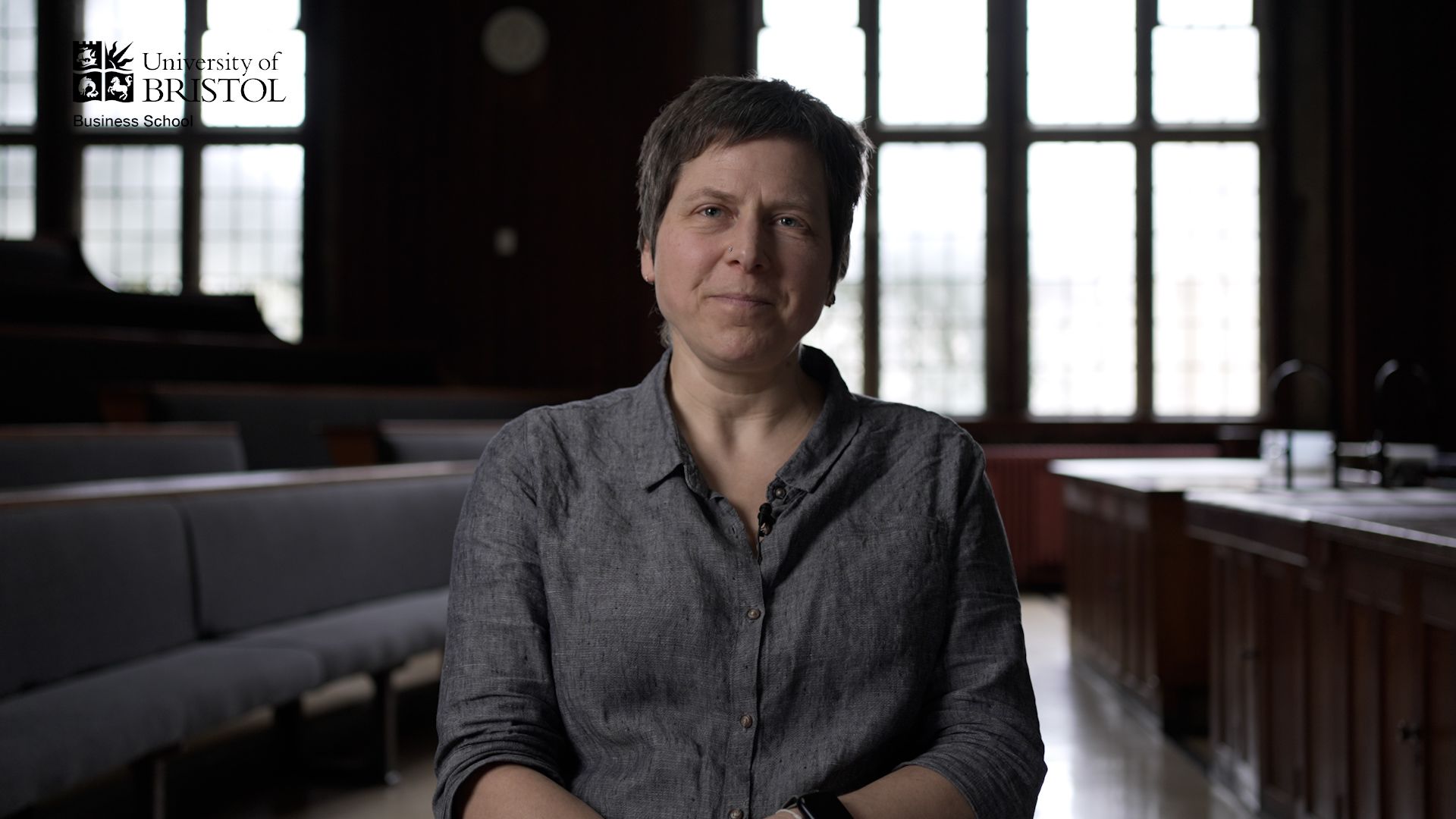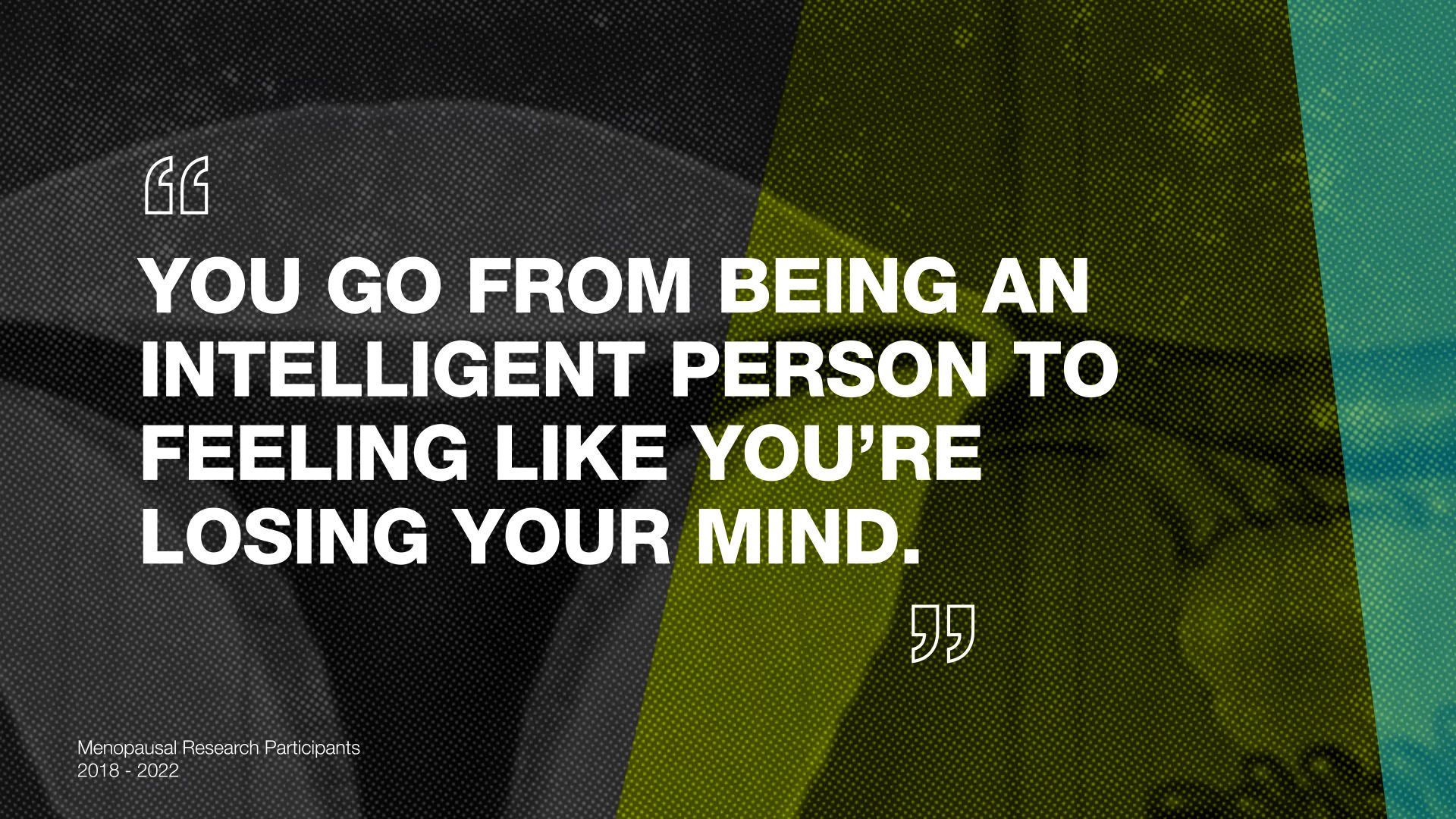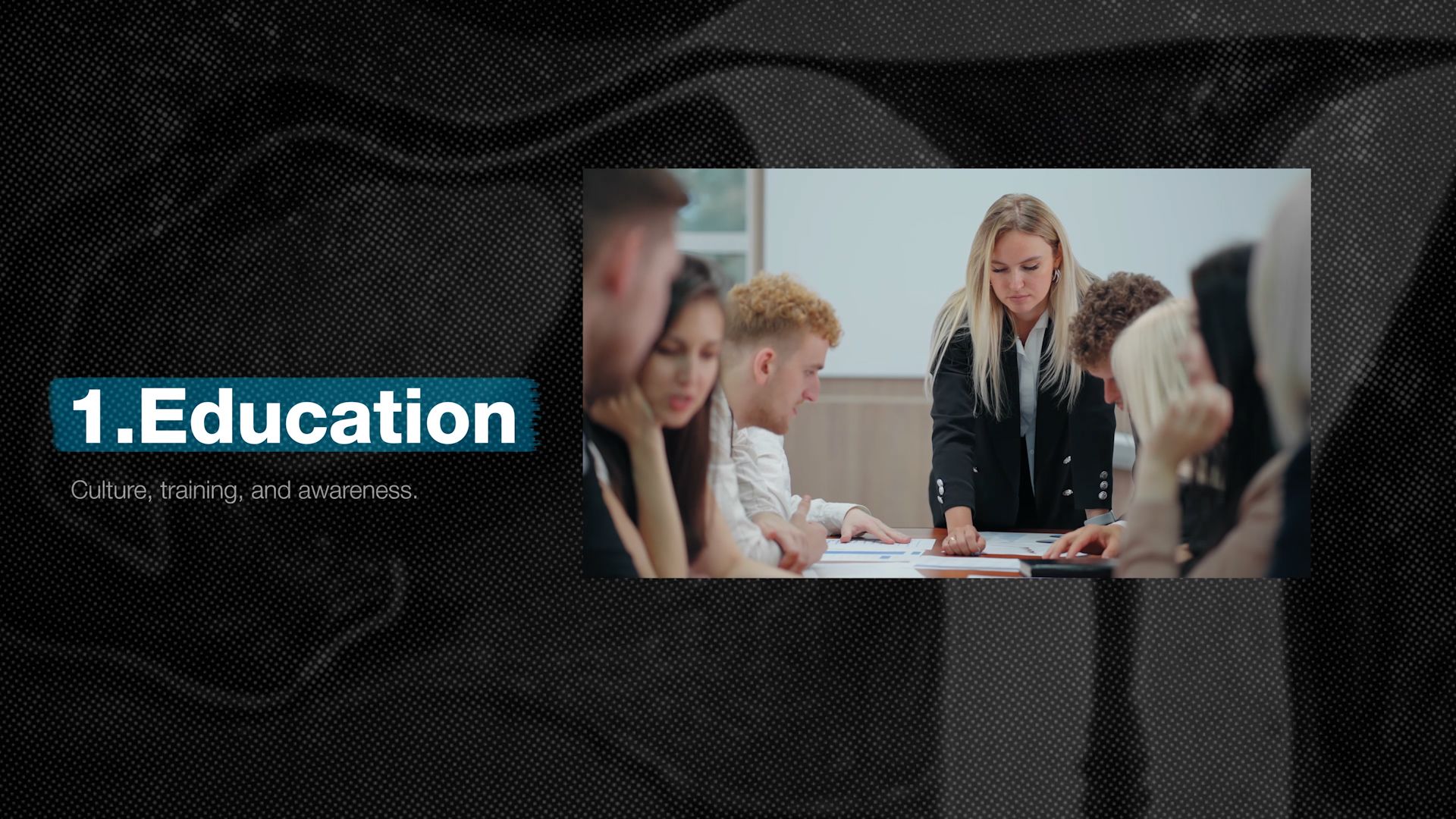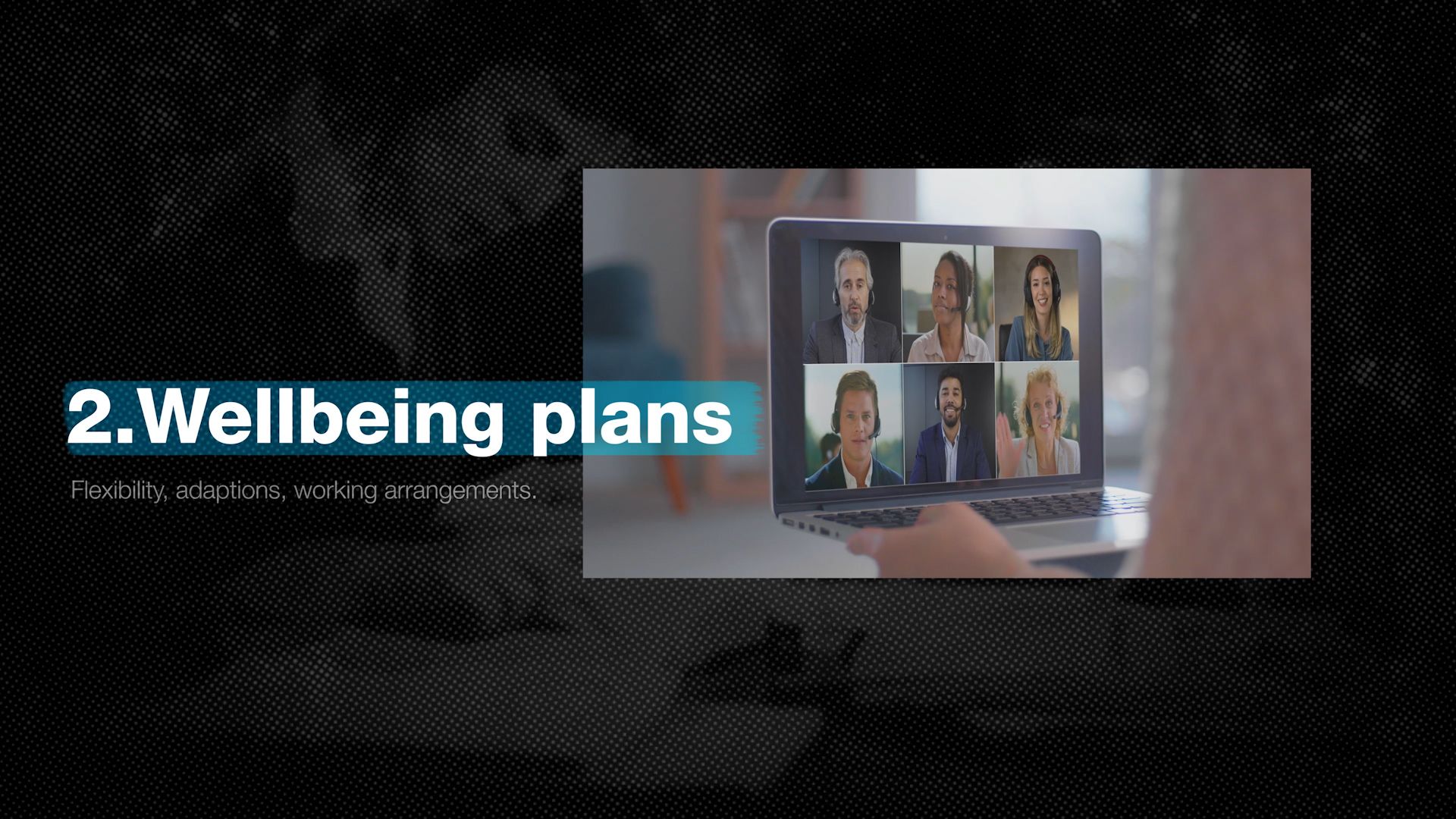Challenging the menopause taboo to empower women in the workplace

Menopause in the workplace
Half of the population will go through menopause at some point in their lives, but it remains one of the biggest taboos in our culture. Most of the population, including people that go through menopause themselves, do not understand enough about it.
The impact of this on women in the workplace can be huge. In addition to the physical symptoms of menopause such as fatigue, bleeding and hot flushes, there are also psychological symptoms including anxiety and insecurity. Broader considerations around menopause in the workplace, including gendered ageism and performance management practices that may disadvantage older workers further complicate the situation.
The knowledge gap
Vanessa Beck, Professor in Employment Studies at the University of Bristol Business School has been researching menopause in the workplace since she co-authored a report on the effect of menopause transition on women’s economic participation in the UK for the Government Equalities Office (GEO) in 2017. This report reviewed existing literature on the impact of women’s menopause transition on their participation in the labour market. The results of this report were surprising. It found that there were huge gaps in knowledge within the existing literature and there was significant demand to look at menopause in a different way. The results of the report led Dr Beck to become more involved in advocating for menopause support, and policies or guidelines across organisations, especially as women expressed frustration and anger that this issue had been overlooked in the majority of workplaces. Many women had never had the opportunity to talk about their menopause and they had not received support in their workplace. Dr Beck said “That raw emotion made us realise that we needed to do more and this wasn’t just academic research, this was an activist project where we wanted to become more involved.”

Professor Vanessa Beck, Professor in Employment Studies at the University of Bristol Business School.
Professor Vanessa Beck, Professor in Employment Studies at the University of Bristol Business School.
New approaches
As a result, Dr Beck carried out a range of research projects with different organisations including Universities, councils and the TUC (Trade Union Congress). One such project was carried out with Bristol City Council. Previously, academic research had focused on three means of support: menopause policies or guidelines, training and awareness raising, and the re-institution of Menopause Clinics. This project with Bristol City Council explored the implementation of health and wellbeing approaches as an alternative to introducing a menopause policy in a local council in the UK.


Experience in the workplace
An online survey was conducted among employees of the council, which covered perceptions of menopause in the workplace and gathered information on respondents' experiences and the support they were offered. The survey was repeated a year later. Results showed that the council's employees actively sought support and information about menopause from various sources, including healthcare professionals, the internet, books, and alternative practitioners. In the first survey, only a small percentage (20%) of respondents stated that their workplace provided information about menopause, but by the second survey, and with additional resources and support in place, this percentage had increased to 64%.
The survey also revealed that discussing menopause at work was considered taboo, with a significant number of respondents disagreeing that menopause can be openly discussed. Even in the second survey, 43% of respondents indicated they talked about menopause only among women, 45% only with close work colleagues in private conversations, and 25% indicated that they talked about menopause only as a joke. This also meant that the majority of respondents disclosed their menopause status only to female colleagues or managers. The survey indicated that ethnicity could impact the experience of unkind words or behaviour related to menopause, with higher proportions of respondents with non-white ethnic backgrounds reporting such experiences.
Culture change
Dr Beck worked with Rebecca Blatt of Bristol City Council to provide support for women experiencing menopause. The Council ran a whole range of activities, including workshops, information and training provision, and identifying menopause-friendly temperature areas in workspaces. It is clear, however, that the challenges faced by people going through menopause transition are varied and complex. Dr Beck explained that for some research participants there were “days where they would go into the office and they couldn’t remember anything, they couldn’t remember the name of the person sitting next to them. Or they would experience horrible hot flushes or bleed through their clothes. But then there was also the emotional side of feeling down and depressed and negative about themselves. Hearing about women in these situations was horrible but also reiterated why doing this research was incredibly important.”
The issues faced by women are hugely varied and a ‘one size fits all’ policy would not be effective. Dr Beck explains “Every woman’s menopause transition is different so women’s symptoms differ significantly. Putting one policy in place for everybody doesn’t necessarily help everybody. What we really need is organisational cultures to change. I know there are women for whom this has made a huge difference in their day-to-day life. Having someone in the workplace who understands them and what adaptations can be made in the workplace.”
The insights gained by Bristol City Council allowed them to identify three top requests made by women; education, wellbeing plans and adaptations. The research showed that having an integrated approach that encompasses all these elements, with robust training was key to supporting women in the workplace. Rebecca Blatt, a trade union representative at Bristol City Council, said the process had been extremely successful. She explains that they request feedback after each of their menopause workshops and the most common response from women is that the experience is ‘life-changing’.



Start the conversation
Dr Beck explains that it is important to start “conversations about menopause, without being offensive, intrusive or making it awkward for people. Often, conversations about menopause can be started by talking about completely different things.” As part of her work with Fife Libraries, she has co-authored a ‘Talking Menopause Toolkit’ that provides ideas of how to start conversations and which issues to consider when raising menopause as a subject matter for discussion. The same collaboration also resulted in a Tricky Hat Production and The Flames theatre performance about menopause, which, which was very well received form to engage with the subject matter.
Dr Beck has also co-authored the book ‘Menopause Transitions and the Workplace’ with Professor Jo Brewis from The Open University. They were interviewed by Jess Miles, host of the Transforming Society podcast by Bristol University Press, about the impact of menopause in the workplace. In this podcast episode, they discuss the ways in which menopause impacts work, the supportive measures that organisations and individuals can offer, and provide valuable insights into navigating this important yet under-discussed aspect of workplace dynamics.